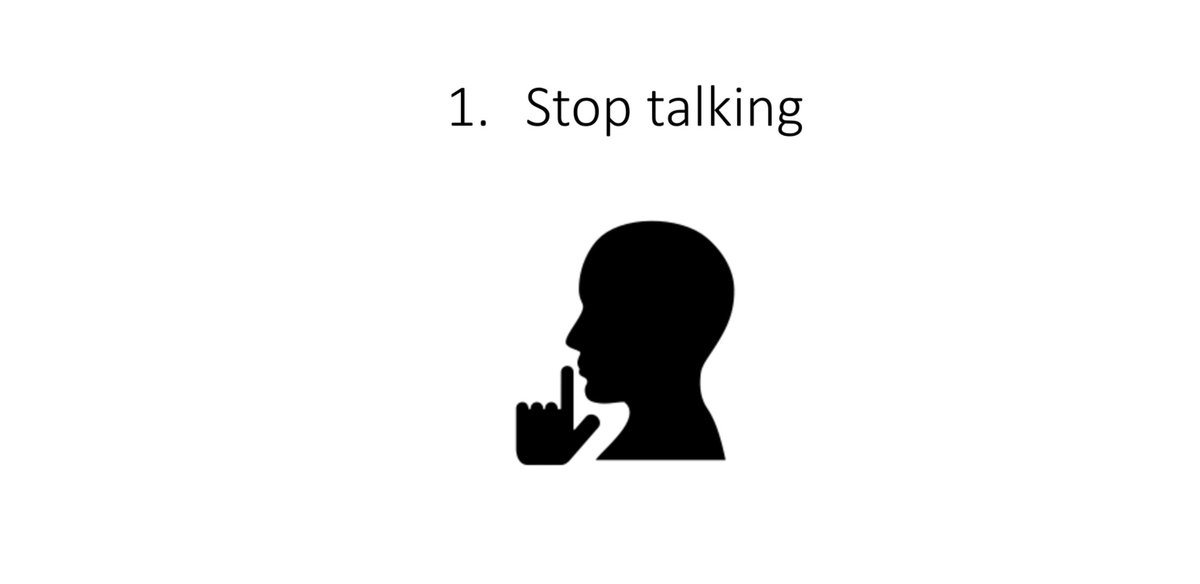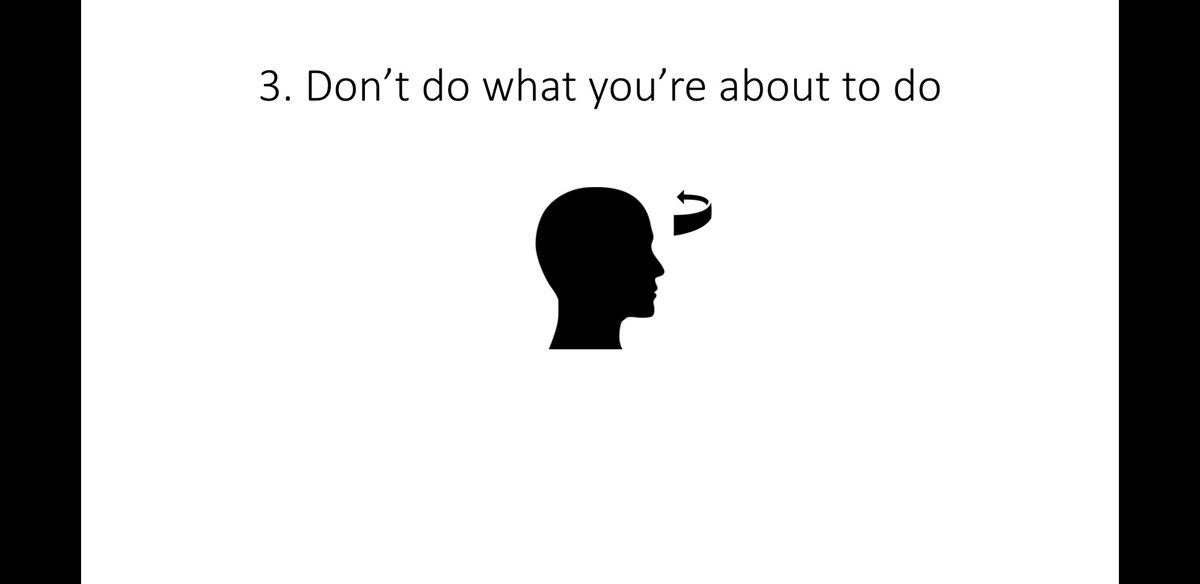Blindly following the default paths in today's world in both life and work will lead many people down a road of guaranteed misery. You need to be able to do a bit of tinkering and build the courage to blow it up if needed
1/ A thread of some of my the ideas that I keep coming back to. Will likely add to this over time. Trying to make sense of some of the things I keep coming back to.
Blindly following the default paths in today's world in both life and work will lead many people down a road of guaranteed misery. You need to be able to do a bit of tinkering and build the courage to blow it up if needed
A period from 1945-2000s coincided with economic growth in many places around the world that aligned with a certain way of living life that happened to work for many. Now people mistake full-time jobs for the reason why that happened and end up lost
The high % of people who leave full-time jobs after burnout and end up re-creating the same conditions they claimed to avoid.
The only goal with work is to create the conditions such that you can do the things you want to keep doing. Easier said than done. Many people get distracted by shiny goals
It's great to pursue something you love, better to get paid for a few years and then buy some more time to figure it out. Even better if you work at a place that nudges you to learn skills you actually want to learn.
You can't deal with money insecurity by making more money. You can only ever face it by stepping off a steady income path and existing a few months without making an income. Then you'll know what you really fear
Too many people look at shifts as all-or-nothing leaps and compare the possible downsides with their current state (which they are already tolerating). A better way to frame it is to add in uncertain wonder + identify learnings from a half-success
The best benefit of the 4-day workweek for companies is helping them figure out what they should have stopped doing years ago. It can also be a focusing mechanism for people and make them more clear about how they want to spend time
We mistake vacations for leisure and leisure for "doing nothing" or passive doing. A historical version of leisure is probably a better aim for most people - contemplative about our role in the world and an active engagement with things
Ikigai is a beautiful japanese concept but when translated to english and added to a made up 4-quadrant framework it makes people imagine that a reason for being also can be always paid for (as a job).
Maslow abandoned this idea before a journalist created the diagram for a business publication on employee motivation. Many people think they are self-actualized but Maslow thought this was only a stop along the way to transcendance
We can't avoid status games but we should actively seek communities of people or types of work in which we can win prestige in the ways that are best suited to us and dont destroy us (religious communities & volunteering)
Non-doing, or wu-wei, is hard to explain but can be felt when we allow the need to "do" to dissolve. I'm not sure how to make this happen but when you experience this weird state it opens up a lot of life
We shy away from creating in public because of some bad actors that abuse audiences and make sketchy claims. But this is exactly why you should create. You are hesitant to do such things and likely will bring more care to it
Middle-skill jobs are disappearing, economies are adding more low-skill jobs over time and high-skill jobs require a identification with work in $$$ cities. None of this helps people build sustainable lives & communities outside work.
You cannot ever escape work world you can only exist on the edges of it or in rejection of it. Wage-work and salary-work dominates how most adults orient towards living in the modern world.
Reinventing ourselves and being resilient to external shocks (jobs losses, pandemics, industry stagnation, debt) is probably an underdeveloped skill. People that have a lot of lifestyle flexibility can have more freedom than high-wage employees
Learn the games (power, achievement, hitting goals, politics) but don't become the game. Some CEOs only made it that far because that is all they live for. Works for some, not most.
1. trends, academic reports, robots
2. organizational culture & meaningful work
3. gig economy, flexibility & freedom memes
4. creator economy and personal transformation
5. philosophical foundations of work & role in our lives
Probably the best idea for sensemaking life beyond the default path. This can help protect against becoming overly identified with a role (e.g. freelancer) while staying open to the upsides of self-employment and non-work
Probably one of the most powerful things you can do without quitting your job is take an extended break of more than 2 weeks and see what emerges. These can be life-changing for some people
More from Life
You May Also Like
MDZS is laden with buddhist references. As a South Asian person, and history buff, it is so interesting to see how Buddhism, which originated from India, migrated, flourished & changed in the context of China. Here's some research (🙏🏼 @starkjeon for CN insight + citations)
1. LWJ’s sword Bichen ‘is likely an abbreviation for the term 躲避红尘 (duǒ bì hóng chén), which can be translated as such: 躲避: shunning or hiding away from 红尘 (worldly affairs; which is a buddhist teaching.) (https://t.co/zF65W3roJe) (abbrev. TWX)
2. Sandu (三 毒), Jiang Cheng’s sword, refers to the three poisons (triviṣa) in Buddhism; desire (kāma-taṇhā), delusion (bhava-taṇhā) and hatred (vibhava-taṇhā).
These 3 poisons represent the roots of craving (tanha) and are the cause of Dukkha (suffering, pain) and thus result in rebirth.
Interesting that MXTX used this name for one of the characters who suffers, arguably, the worst of these three emotions.
3. The Qian kun purse “乾坤袋 (qián kūn dài) – can be called “Heaven and Earth” Pouch. In Buddhism, Maitreya (मैत्रेय) owns this to store items. It was believed that there was a mythical space inside the bag that could absorb the world.” (TWX)
1. LWJ’s sword Bichen ‘is likely an abbreviation for the term 躲避红尘 (duǒ bì hóng chén), which can be translated as such: 躲避: shunning or hiding away from 红尘 (worldly affairs; which is a buddhist teaching.) (https://t.co/zF65W3roJe) (abbrev. TWX)
2. Sandu (三 毒), Jiang Cheng’s sword, refers to the three poisons (triviṣa) in Buddhism; desire (kāma-taṇhā), delusion (bhava-taṇhā) and hatred (vibhava-taṇhā).
These 3 poisons represent the roots of craving (tanha) and are the cause of Dukkha (suffering, pain) and thus result in rebirth.
Interesting that MXTX used this name for one of the characters who suffers, arguably, the worst of these three emotions.
3. The Qian kun purse “乾坤袋 (qián kūn dài) – can be called “Heaven and Earth” Pouch. In Buddhism, Maitreya (मैत्रेय) owns this to store items. It was believed that there was a mythical space inside the bag that could absorb the world.” (TWX)

















